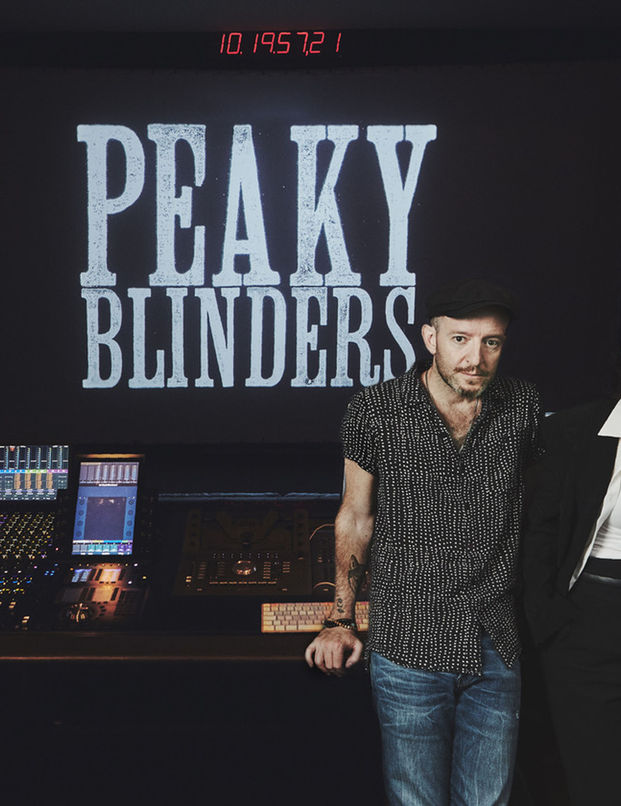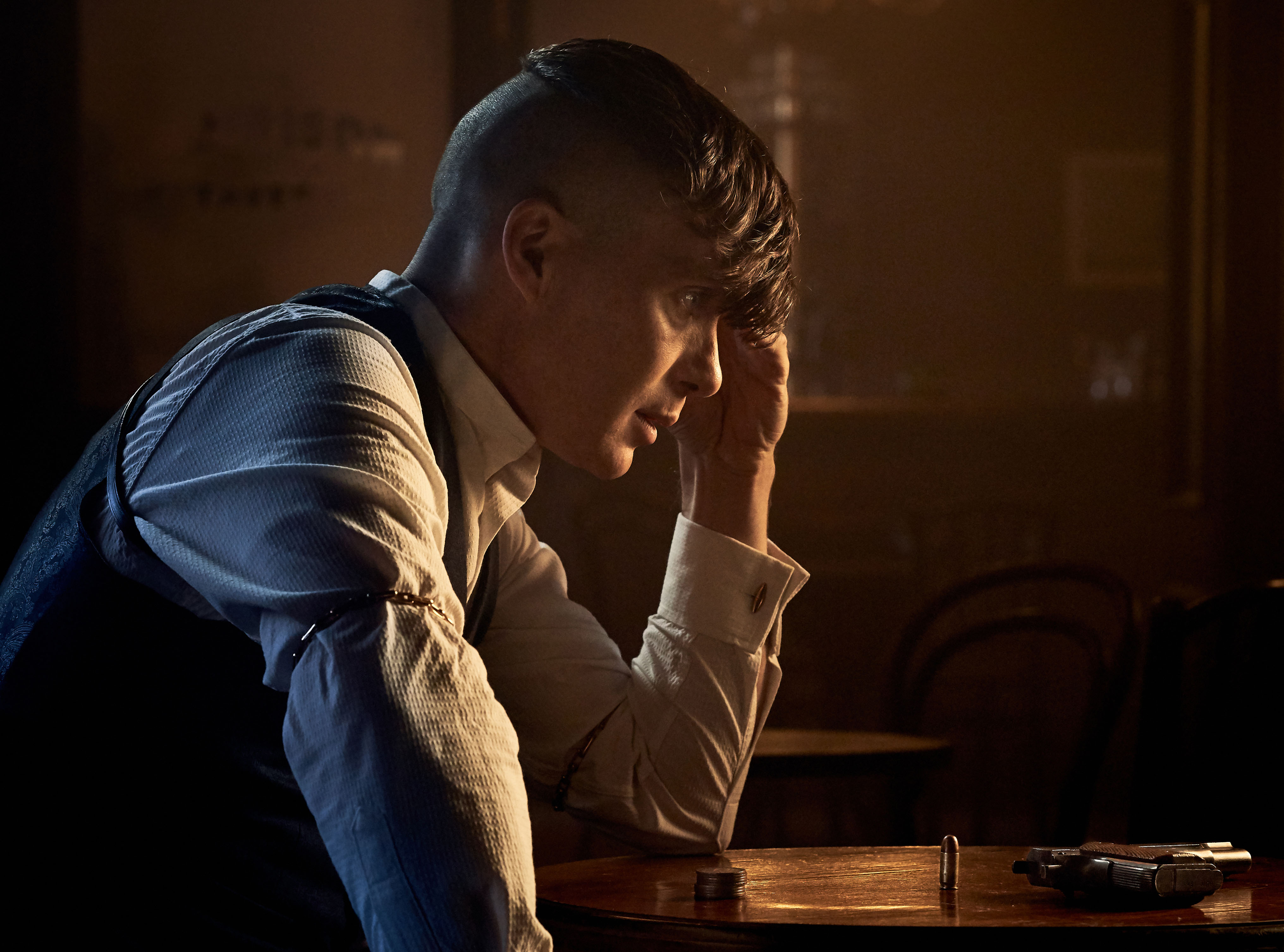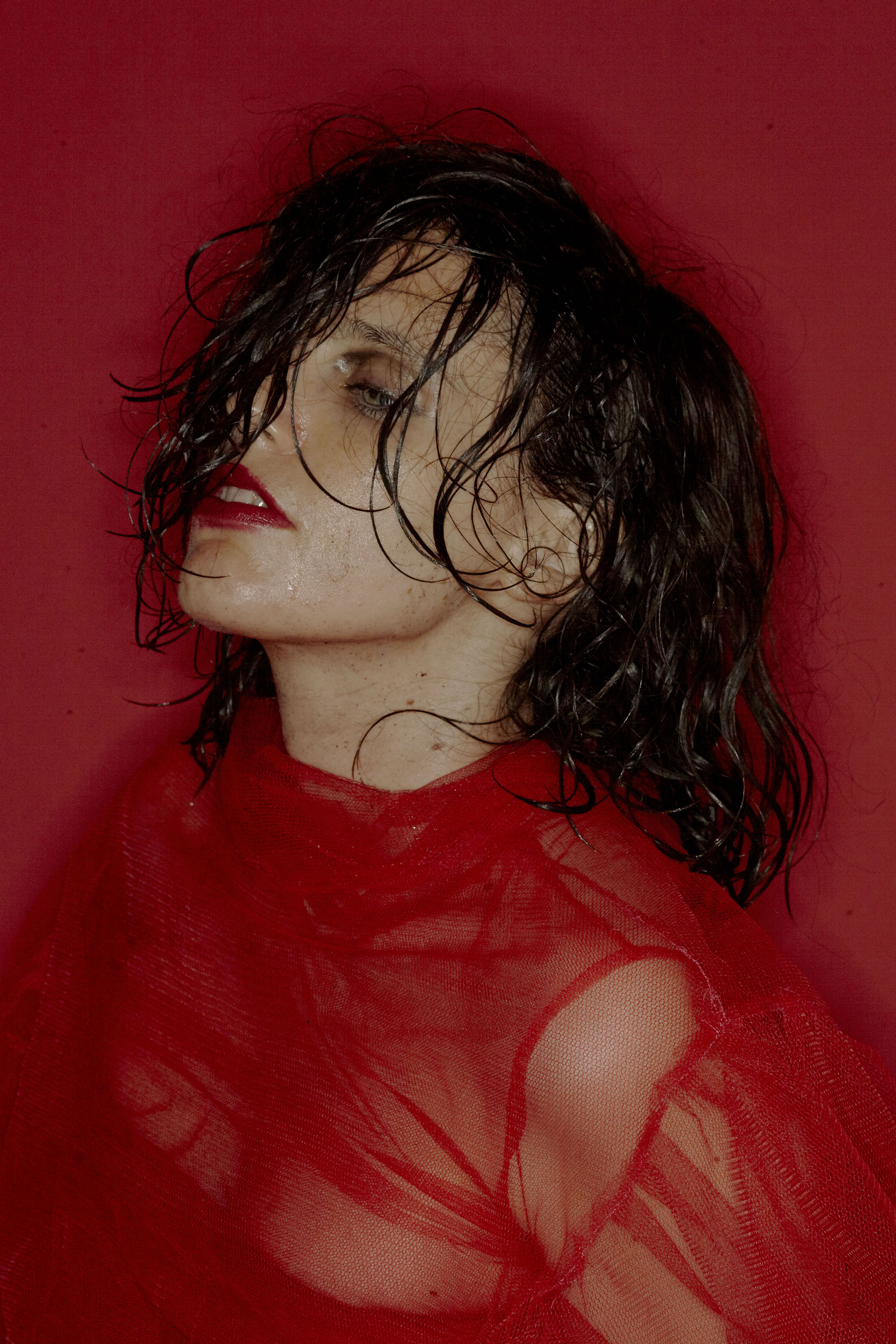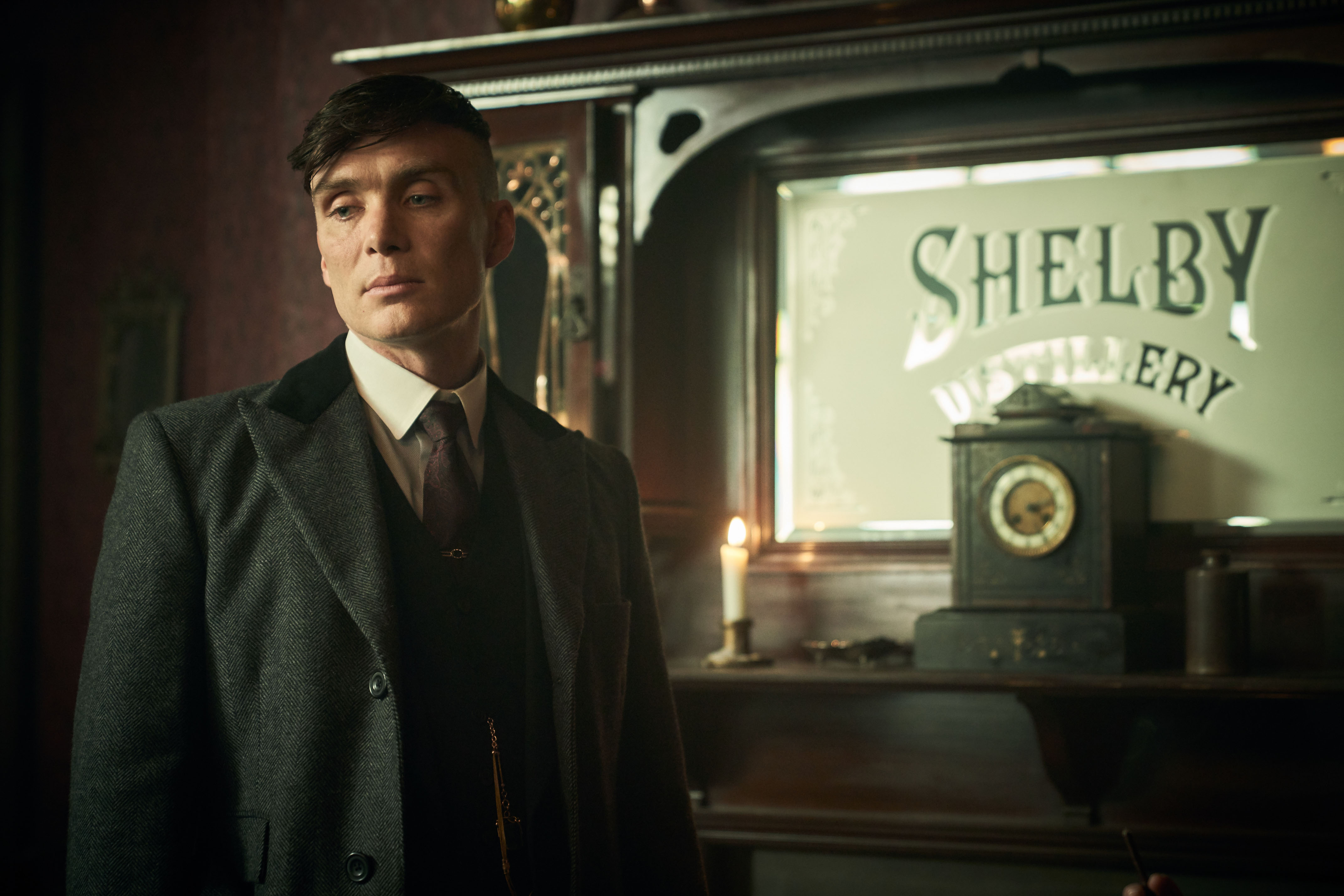By order of the Peaky Blinders – or rather, a hopeful request on the behalf of the hit BBC show’s season five director, Anthony Byrne, singer-songwriter Anna Calvi was tasked with creating an original score for the brutal gangster drama’s new series. Speaking to Headliner, Calvi reveals how she got in the mindset of unbalanced and murderous main character, Tommy Shelby, and why being an outsider makes her a typical ‘Peaky’ artist.
“I remember being at school, and I wouldn’t even sing a line in a school play – I was so phobic of singing,” admits Anna Calvi. Ironically, the talented singer and musician would go on to make a living using her operatic, contralto voice – most recently being asked to write the score for season five of BBC hit show, Peaky Blinders. “I think if the younger me knew what I’d end up doing as a career, she’d be very happy, but surprised. I think out of everything I've done, overcoming my fear of singing and becoming a singer is the thing I’m most proud of, and is my biggest achievement.”
A successful artist in her own right and with a handful of Mercury Prize and British Breakthrough Act-nominated albums under her belt, composing an original score for film or TV was completely new for Calvi:
“I’ve written music for an opera before, but I’ve never done a score for a film or anything, so yeah, it was a new territory for me. It was a bit daunting at first, but it was really fun and exciting to do a take on that challenge. I’ve always been a fan of Peaky Blinders, and especially the way that they use music in a series. I think it’s used to a really amazing effect. The director, Anthony Byrne, had come to a few of my shows, we got chatting and then he asked me to do it. I was really excited to be part of it.”
Speaking to Headliner on the phone, Calvi speaks in a small, quiet voice that belies her intense, charged onstage performances. This is where her inner show-woman steps into the spotlight: On-stage, Calvi is an electric tangle of dark hair, smudged black eyeshadow and thunderous rock and roll.
For the uninitiated, Peaky Blinders is a brutal gangster drama set in the lawless streets of 1920s Birmingham, where the Shelby family fight (literally) to navigate the worlds of illegitimate and legitimate ways of empire-building – anyone opposing them swiftly finding out what is stitched inside their infamous caps.
Season five sees head of the family, Tommy Shelby (Cillian Murphy) enter the realm of politics in the midst of the 1929 financial crash. At once a war hero and an anti-hero, a troubled Shelby is increasingly succumbing to the effects of PTSD. With the weight of the world on his angry shoulders, his confident exterior rapidly gives way to paranoia, madness and suicidal actions.
“Me and Anthony talked a lot about Tommy’s psyche, and how to express what’s going on inside him,” Calvi explains. “He’s trying to portray this image that he is strong and that he’s taking care of everyone, but inside there is this dismantling of his-self that’s happening, and that’s the part I found interesting to score. [Murphy’s] performance, and the dialogue are so strong – that’s all I needed. It’s a bit like playing music with someone, where you’re watching his performance and responding to it; it felt like a dialogue between us, even though I’d never met him or spoken to him.”



